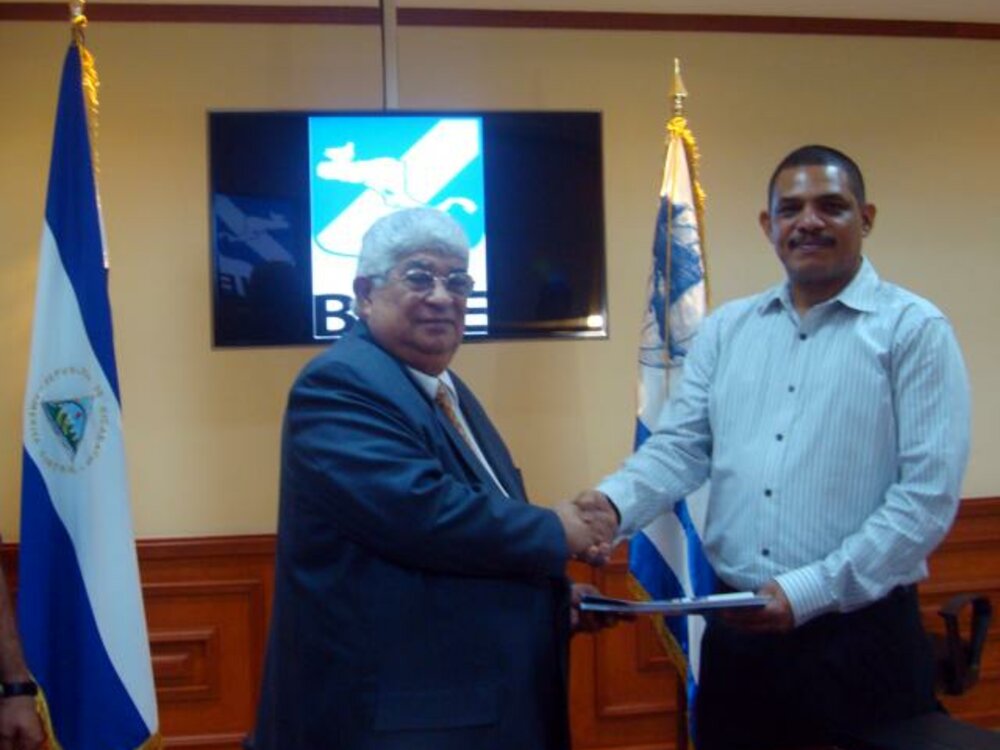CABEI finances Road Infrastructure and Agricultural Development in Nicaragua

The financing will facilitate trade and the human development of the Nicaraguan people.
Managua. – Today the Central American Bank for Economic Integration (CABEI) granted two important loans to the government of Nicaragua.
The first loan of US$50.0 million will be used to partially finance the Fourth Highway Rehabilitation and Maintenance Project. The executing agency for this loan is the Ministry of Transportation and Infrastructure (MTI1).
The second loan of US$4.0 million will be used to partially finance a Development Program for Agricultural, Fishing and Forestry Productive Systems in indigenous territories of the Atlantic Autonomous Region and of the Atlantic Autonomous Southern Region, known as NICARIBE. The executing agency of this financing will be the Nicaraguan Rural Development Institute.
The loan contracts were signed by Mr. Iván Acosta Montalván, Minister of the Treasury and Public Credit and Dr. Silvio E. Conrado Gómez, the CABEI Director for Nicaragua.
The MTI will use the first loan to improve 114.5 km of highway, cobblestone streets and all-weather roads, benefiting 165,924 inhabitants living in the project’s target area (Departments of Jinotega, Estelí, Nueva Segovia, Madriz, Chontales and León). These works will facilitate the mobilization and transportation of products to Managua and other cities for their marketing both inside and outside the country. In addition, it will raise the competitiveness levels of the tourism and agricultural and livestock sectors of the area, which produce meat, milk, cheese, coffee, sesame, tobacco and basic grains.
The second loan will benefit approximately 10,580 families and 100 indigenous and Afro-American communities, as well as other residents in the target area, increasing the production, management and sustainable use of natural resources and helping to create approximately 7,400 jobs, mostly involving household labor. It will also promote the productive activities of women and young people living in rural areas.
These projects are consistent with the strategy of the Nicaraguan National Human Development Plan and CABEI’s 2010-2014 Institutional Strategy.





